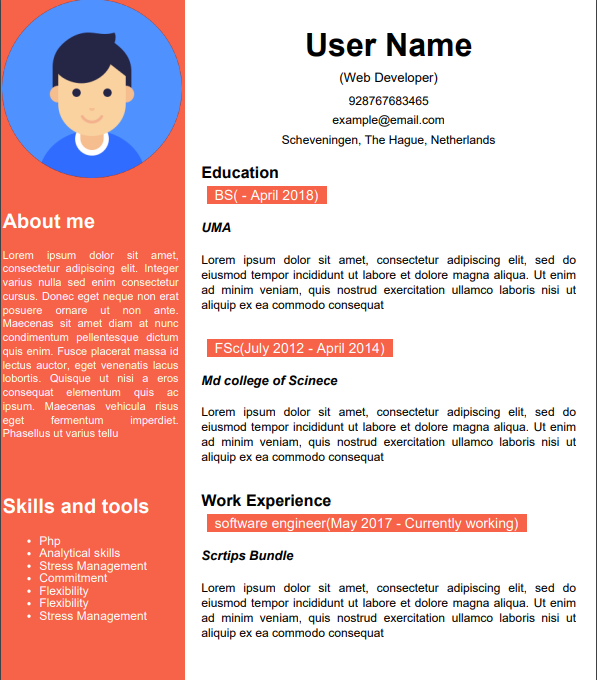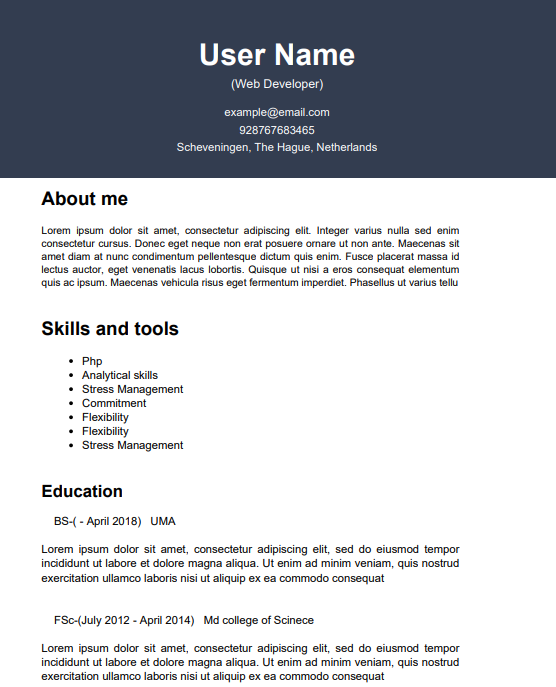Jobs4football meets Craig Livingston
Jobs4football had the pleasure of touching base with UEFA A Licence Coach and expert analyst, Craig Livingston. Over his 12 year tenure in football, Craig has constantly upskilled himself, completing in depth courses with PFSA in Talent ID / Scouting, IPSO Performance Analysis whilst also holding a BSC Honours Degree in Sport Studies from University of Ulster. Within his expert performance analysis skillset, Craig has used every opportunity to expand his knowledge and practical application of using platforms such as Wyscout, Hudl/Sportscode, VEO, Metrica and Coach Paint which always leads to an easy transition when moving to a new role.
It is not often you have the opportunity to engage with a member who has such a niche profile due to the experience of working in so many different countries such as China, USA, Cambodia and Philippines.
Craig has plyed his trade in coaching and performance analysis within the most prestigious club competitions such as AFC Cup and AFC Champions League a far cry away from his upbringing in Northern Ireland. So what positive and negatives did he have to take out of his global adventures? How does football culture different from continent to continent?
We cover all this and more in a Q+A with Craig below:
Q: Can you elaborate on your experience in using analysis platforms such as Wyscout, Hudl/Sportscode, Veo, and others? How have these skills contributed to your roles?
A: On a daily basis, having the above type of tools available at your disposal as a Performance Analyst, simply makes the process of providing vital information to players and coaching staff much more efficient and increases the teams’ chance of success.
Q: As a Head of Performance Analysis, what were the key challenges you faced in expanding the Performance Analysis department, and how did you address them?
A: I’ve experienced different challenges, but this has only helped me to be as adaptable as possible to ensure the job is still being done to the highest standard. These include:
– Low budget meant I couldn’t afford luxuries like Wyscout etc. This just meant I had to do all editing, clipping and telestration manually. It takes longer, but adapting to the situation and ensuring the players have all the information they need to win, is most important. Lack of resources is easily addressed by simply being prepared to work more hours.
– Finding the right staff, with the right hard-working mindset, to add to the department. Performance Analysis is a 7 days a week job and finding the right people, no matter if it’s voluntary, intern, part-time or full-time is always a challenge. Easily addressed by being ready to do the work yourself until you can find suitable people to join the department.
Q: You’ve worked in various countries, including Northern Ireland, England, the USA, China, the Philippines, Thailand, and Cambodia. How have these diverse international experiences shaped your approach to performance analysis and coaching in football?
A: Well firstly, I would say they shaped me as a person to be adaptable to anything and be able to live in any country or culture. Once you have that, the work side of things in football also becomes easier in my experience to date.
For football, that translates into understanding the different embedded attitudes towards playing styles and tactical approaches that can exist depending on what continent and climate you’re working in and being adaptable to those to get the greatest amount of success possible.
Q: Could you provide an example of a particularly complex or high-stakes video analysis presentation you’ve delivered to coaching staff and players? What was the outcome?
A: My most memorable (and enjoyable) piece of analysis in this regard came in the build up to the FA Cup Final of Cambodia in 2020. During watching a lot of match film, I was able to see that one of the opposition CB’s was over aggressive when pressing the ball, would follow opposition players into midfield and was then slow to recover his position afterwards. Extensive video on this was then shown to all players and coaching staff.
During training sessions in the 2 weeks leading up to the Final, I worked on various situations, both possession based and direct, to take advantage of this. The aim was to tempt him out of his position and then have players run in behind to exploit the space in behind him. The outcome was that our 2nd goal, that sealed a 2-0 win, came from one of these scenarios. Even more proudly, it resulted in the 1st ever trophy in the clubs history.
It is the small details that make a big difference in the big games!
Q: In your roles, you’ve conducted various types of meetings, including Opposition Analysis, Individual Development, Set Plays, Training Session Reviews, and Recruitment. Can you share how you tailored your approach to each of these meetings?
A: I tailor my approach to the above types of meetings in two main ways. Firstly, the point in the week which I conduct different types of meetings and, secondly, the intended length of the meetings.
For example, Opposition Analysis and Set Play meetings are held one or two days before a particular game and last no longer than twenty minutes as I don’t want to overload the players with too much information. These meetings are about identifying the most important tactical information and getting that across to the players clearly. They already have a game to focus on so no point adding extra stress to that with too much information.
Individual Meetings and Training Session Reviews are held earlier in the week and can last as long as they need to. This is where the bulk of information is contained on players individual performance and the team’s performance overall on whatever topic or tactical area that we are working on.
Finally, for all of these, the video and information discussed during the meeting is then sent to the players phones or tablets so that they can refer back to it and watch again in their own time.
Q: As someone with experience in the AFC Champions League and AFC Cup, what unique challenges or opportunities did you encounter at this high level of competition, and how did you adapt your analysis techniques?
A: Firstly, it’s certainly been a privilege to be able to compete at those levels and something that not every Coach or Performance Analyst gets to do. That said, the biggest challenge I’ve encountered is that usually these competitions run alongside the domestic league and therefore, teams have less preparation time as a whole between games in different competitions.
From the aspect of making sure deadlines are met and my work is still to the same high standard, it really just comes down to effective time management. Not always easy, especially at ACL level where we are competing against teams that have bigger budgets and maybe 6 or 7 people in their analysis departments. With me being the sole analyst at my current club, the level of discipline needed has been huge but a great learning curve for me personally.
Despite being out-budgeted and out-manned in the ACL, I’m proud of the work and level of detail in the information I’ve been able to give to players to close the gap on teams and has almost resulted in us getting a positive result from a couple of games vs Shandong and Yokohama.
Q: How do you believe your coaching capabilities complement your expertise in performance analysis, and how has this combination benefited your contributions to football clubs?
A: At the point of beginning to branch out into Performance Analysis, I already had around 11 years of coaching experience and had attained my UEFA A Licence. No doubt these have been invaluable to the contributions I have been able to make to clubs as a Performance Analyst. Although it is slowly becoming more common, there are still not too many individuals in football with that combination of qualifications and experience in both Performance Analysis and Coaching.
Any tactical ideas or plans can look good on a screen or paper, but it is the on-field coaching experience and understanding of coaching that turns those plans into reality and ultimately decides if those plans will be successful or not. Overall it allows me to be more confident and be able to justify any tactical suggestions that I make to the Head Coach.
Q: In your career, you’ve worked for a variety of clubs and organisations, from Burnley FC International Academy to Phnom Penh Crown FC. How have you managed to adapt your coaching strategies to suit the specific needs and objectives of each club?
In terms of the 2 above organisations, they were very different but equally challenging and enjoyable. At that time, the Burnley Academy was new to Shanghai where we were based and was focused solely on youth. I had a blank canvas on everything really, from player and coach recruitment to style of play to speaking with parents etc.
In contrast, at Phnom Penh Crown I was expected to tailor my sessions within the clubs philosophy and be an effective bridge between the U19 players and First Team to identify players who had the potential to make the jump and could start to be filtered into the wider First Team squad.
At the point of leaving the club, six players had been promoted into the First Team squad and signed professional contracts. Two of those have since gone on to represent the Cambodia National Team at senior level and I’m proud to have assisted their development even in that small way.
Q: Can you share an example of how your in-play communication with coaching staff on the bench had a significant impact on a match or tactical decision?
A: Whilst working in the Thai League, I could see that one of our opponents liked to switch between 3-4-3 and 4-2-3-1 formations at various times during games. This was communicated to our Head Coach and decided that I would watch from the high vantage point and message down to the bench as soon as I seen the change.
The bench then communicated this to the players on the field along with any changes to their individual defensive responsibilities. In short, knowing that we were physically bigger, any time they tried to play 3-4-3 we went full press to stop their back 3 getting on time on the ball and to force their GK to play direct. It was just a subtle change in the detail of our plan when out of possession but resulted in a much deserved win.
Q: You mention having a keen eye for small details. How do you incorporate this attention to detail into your performance analysis and coaching work, and how has it influenced your contributions to the success of football teams?
A: As mentioned already, in anything, it is the small details that can often be the difference between success and failure. I believe it is especially true in all professional sports at all levels. Keeping that premise in mind at all times, has influenced me to always incorporate that detail into every coaching session and every meeting that I conduct.
At four out of the five professional clubs I have worked for so far, I’ve been fortunate to taste trophy success, at either Senior or U19 level. Attention to the small details and being willing to go that extra mile in all areas, has undoubtedly contributed to that record to date which I am very proud of.
Thank you Craig for the opportunity to discuss your globe trotting career so far! Who knows where the next stop will be, one thing for sure, adapting to the culture would not be an issue! Good luck for the future. #Jobs4football


